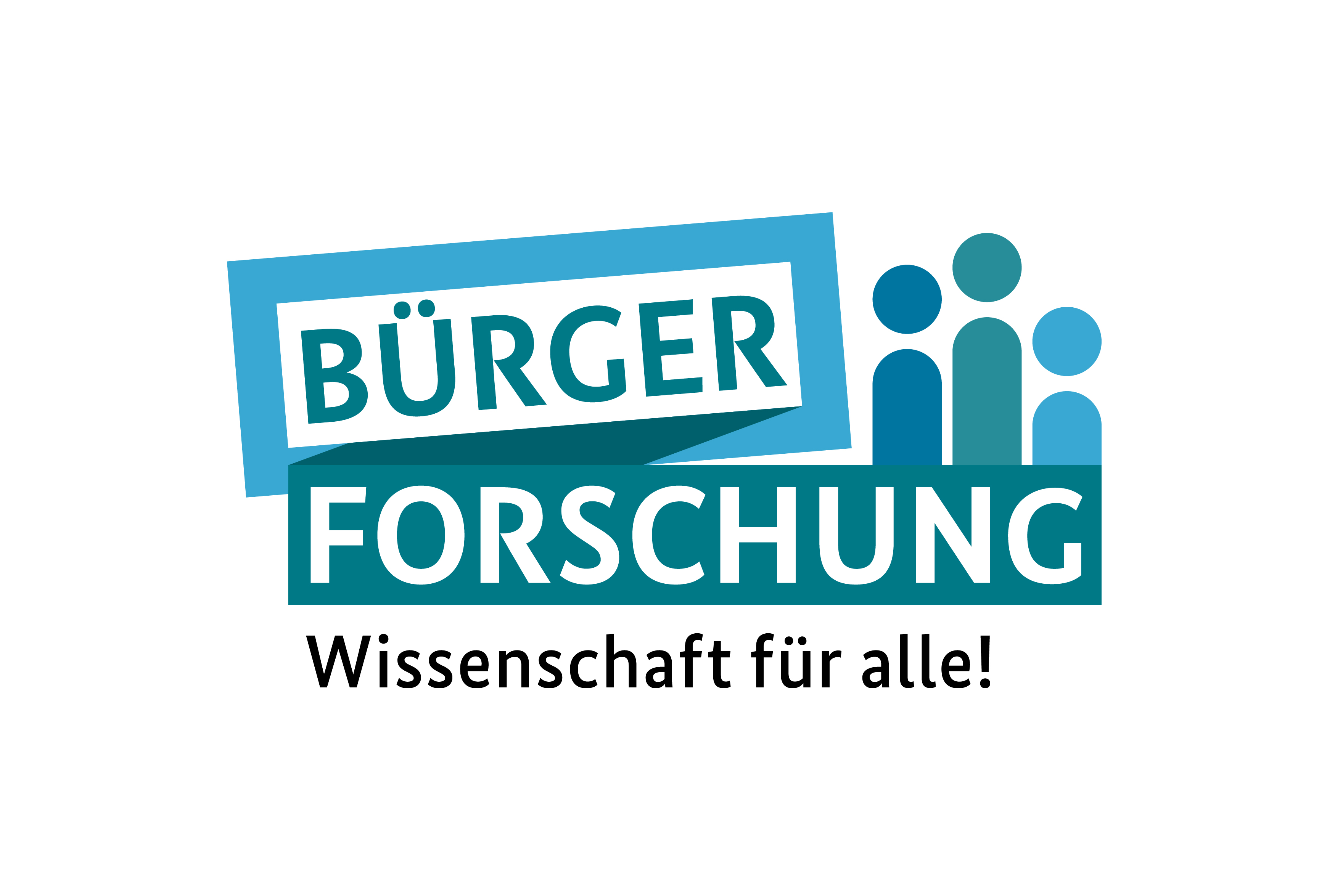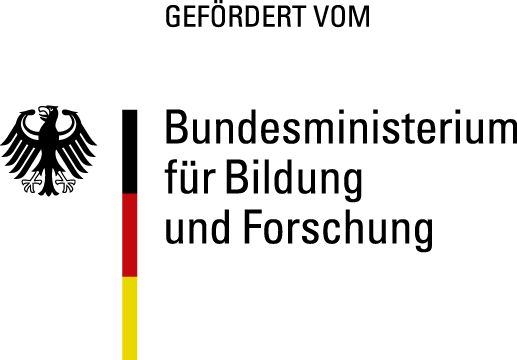
Background
Currently, it takes complex technical equipment and considerable efforts to measure the air and water quality in residential areas and soil quality of local gardens. In order to change this, measuring points with a digital interface are being developed, tested and evaluated by community scientists from the maker scene within the scope of the project CitizenSensor.
Socio-economic perspective
The Fraunhofer IMW will support the project by examining the socio-economic context. Its activities within the scope of CitizenSensor will focus on examining examples of how research institutions can develop a highway for future innovations, beyond more common current routes, in collaboration with community science initiatives. The Innovation Acceptance Unit project team will develop future-oriented cooperation models and processes in close collaboration with all of the stakeholders involved. The results will be taken on board in a practical, application-focused guide.
Methods
The implementation concept will be based on agile project management methods. At the beginning of the project, the stakeholders' expectations regarding cooperation will be clearly defined. Their satisfaction with the subsequent implementation will then be systematically monitored. If necessary, practical structural improvement measures and processes will be developed in workshops with all stakeholders.
Project partner: Fraunhofer Research Institution for Microsystems and Solid State Technologies EMFT, FabLab München
Project duration: 1.10.2017–31.12.2019

This project has received funding from the Federal Ministry of Education and Research (BMBF).
